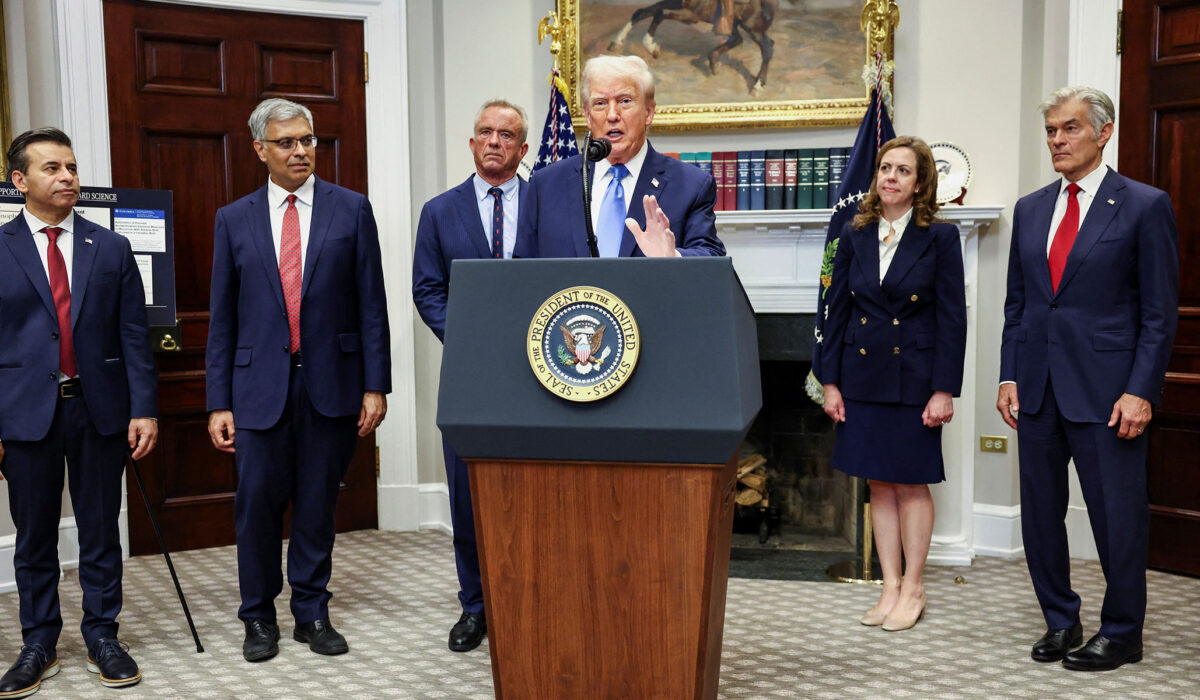Why sidelining pro-life thinkers weakened support and opened the door to IVF politics
The sidelining of pro-life intellectuals has contributed to Trump’s weakening pro-life position, including the new push for IVF. That shift didn’t happen overnight; it grew out of a broader tendency to prioritize broad political marketing over careful moral argument. The result now feels like policy without philosophical backbone.
Conservatives historically relied on a network of thinkers to translate moral commitments into law and argument. When those voices got pushed aside, practical policymaking lost guidance as well as moral clarity. Political choices started leaning toward what polls favored instead of what principles demanded.
The IVF question exposed that gap. IVF raises complex ethical issues like embryo status and selection practices, matters that require sober intellectual attention. Without experienced pro-life scholars shaping the conversation, rhetoric turned reactive and muddled.
Donald Trump’s stance evolved in the middle of this vacuum, and that evolution matters to voters who care about life issues. Supporters noticed contradictions between past promises and emerging policies. That perception contributes to distrust within the pro-life coalition.
Politically, the consequences are twofold: first, the policy gets weaker; second, the movement loses credibility among its core base. You can win seats by coalition tactics, but you hold ground by keeping your base convinced your commitments are real. Losing trust on foundational issues makes every future compromise harder to defend.
There is also a moral cost when technical medical questions go unexamined by committed ethicists. IVF isn’t just a medical service; it brings decisions about embryos that touch on personhood debates. Removing intellectual scrutiny means those debates are shaped mainly by medical industry norms and cultural pressure.
That shift gives space to well-funded interests that view IVF primarily as consumer medicine rather than a morally fraught area. When policy discussions get dominated by convenience and economic arguments, the deeper questions about dignity and life are sidelined. The pro-life view then struggles to articulate a coherent alternative in public debates.
Messaging failures followed the intellectual sidelining. Statements meant to reassure often sounded vague, and vague statements can look like evasions. Clarity matters to voters who want consistency and conviction from their leaders.
Some defenders of the current approach argue flexibility is necessary to build broad political coalitions. There is truth to pursuing pragmatic paths in politics, but pragmatism without principles risks turning policy into expediency. Once principles are deprioritized, reversing course becomes politically painful.
Behind the headlines, academic and legal voices shape long-term strategies that survive elections. Those voices examine precedent, constitutional framing, and moral theory in ways speechwriters rarely do. When they are excluded, the policy landscape gets shallower and more brittle.
On IVF specifically, reasonable people can disagree about regulation, access, and medical practice. The pro-life position, however, should rest on clear ethical reasoning about embryos and human dignity. When that reasoning is present and public, policies reflect conviction rather than compromise by default.
Electoral politics will always be messy, but policy integrity depends on integrating intellectual rigor into political decision-making. Losing that integration produces short-term answers that create long-term problems. That pattern is visible now in debates over IVF and other life issues.
The GOP’s future on life issues will hinge in part on whether it rebuilds those intellectual bridges. Restoring a clear, principled vocabulary makes debates harder but also more honest. Voters respond to honesty and consistency more than they do to convenient talking points.
Finally, the cultural stakes are high because these questions concern the beginning of human life. How the conservative movement handles them will shape its moral authority for years to come. The episode around IVF and the sidelined intellectual class is a warning about what happens when policy drifts away from principle.

